NAGC works to support those who enhance the growth and development of gifted and talented children through education, advocacy, community building, and research
NAGC Select books are a series of concise, informative booklets on topics and issues in education. Intended as a service to practicing educators and/or families, they are designed for the non-researcher who needs to know the basics of a particular topic in education. The books are available on Amazon in e-book or print-on-demand formats.

Early Childhood Gifted Education: Fostering Talent Development by Nancy Hertzog and Ann Gadzikowski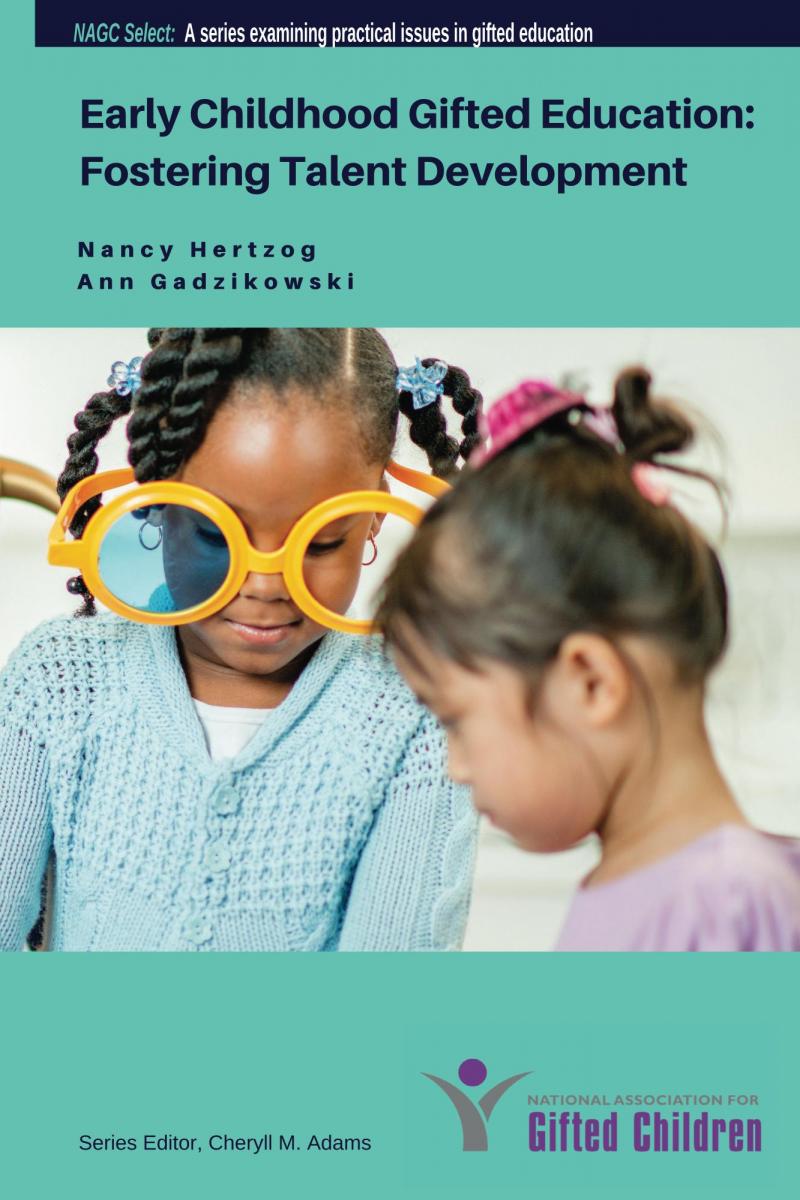
Early Childhood Education is unique in that it happens wherever there are young children -- at home, in school, in the community. How do we honor the needs of the young child when they are ready for more challenging learning than their peers? Hertzog and Gadzikowski look at ways to address high-potential and high-ability while helping the child through her normal childhood development
Needs and Approaches for Educators and Parents of Gifted Gay, Lesbian, Bisexual, and Transgender Students by Terence P. Friedrichs, Teresa R. Manzella, and Robert Seney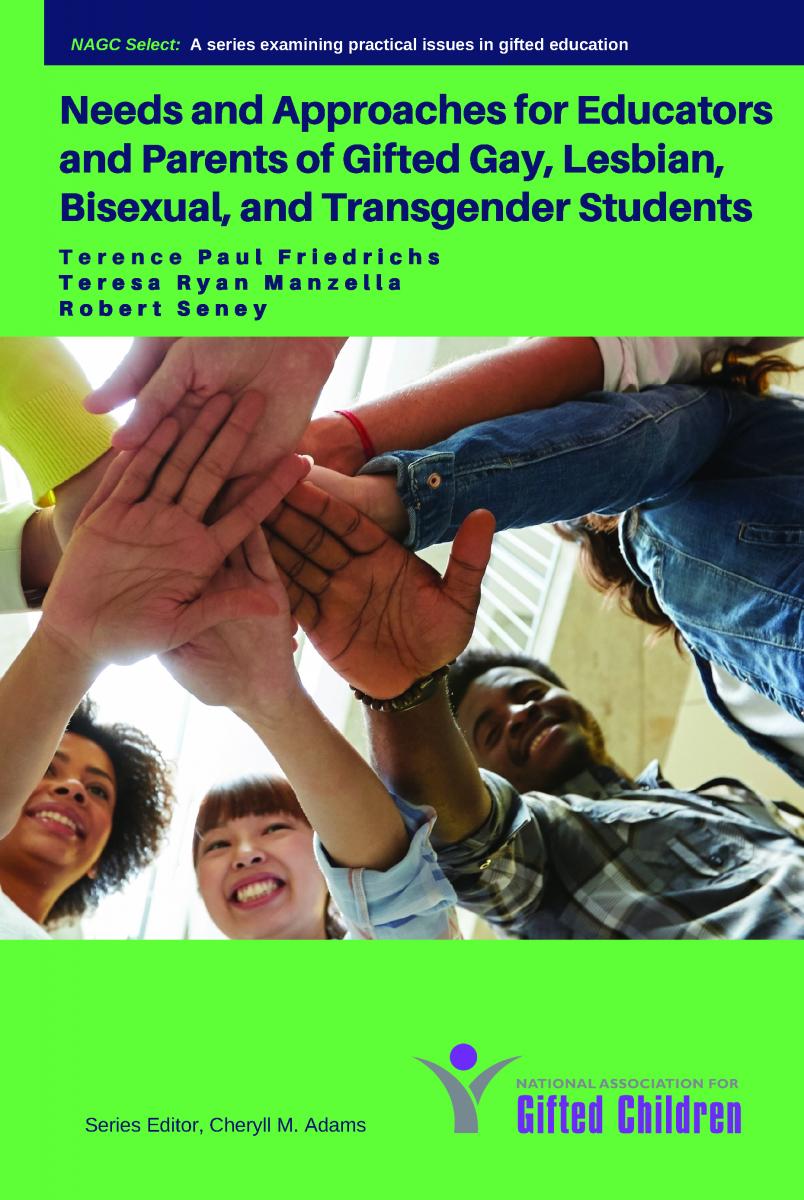
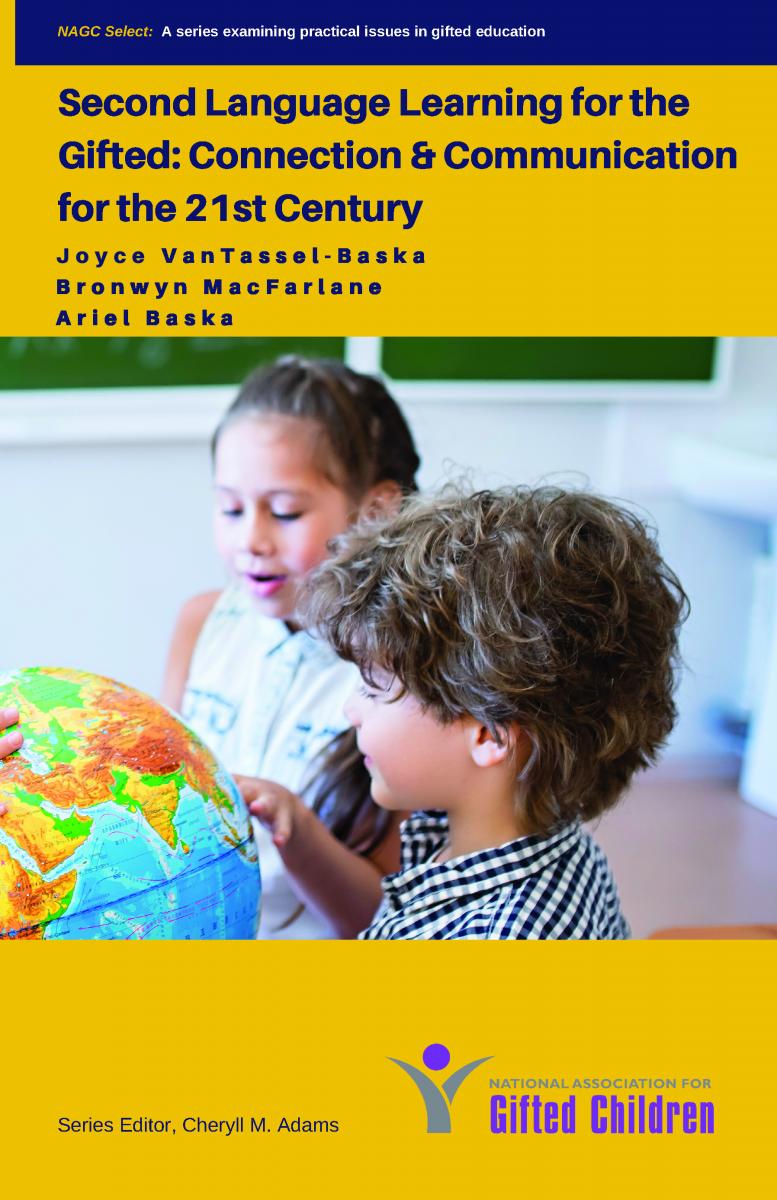
The authors advise parents, teachers, and community members how help gifted LGBT students overcome societal challenges to become achieving, successful adults.
Second Language Learning for the Gifted: Connection & Communication for the 21st Century by Joyce VanTassel-Baska, Bronwyn MacFarlane, and Ariel Baska
The demands of second language learning are perfectly suited to gifted children and ensure understanding of the bigger world. The authors describe how accelerated language instuction can be included in the classrrom and throughout the academic K-12 career to add challenge and depth to gifted learning.
Psychological Foundations of the Arts: Understanding and Encouraging Artistic Expression in the Early Grades by Erin Morris Miller and Rachael Sloan
This book provides an introduction for classroom teachers to the psychological study of the arts and how they can use this knowledge in their classroom. 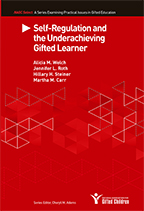
Early Entrance to College as an Option for Highly Gifted Adolescents by Alexander Pagnani
Pagnani discusses the history of early entrance to college, how it can be beneficial for gifted adolescents, and suggests questions to ask if you and your student are considering this option.
The Social and Emotional Characteristics of Gifted Students by Tracy Missett 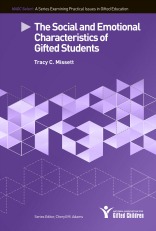
Presents the overall picture of positive social and emotional health for many gifted students in terms of self-perceptions, motivation, supportive relationships, and resiliency, and how high intelligence may protect against emotional challenges. Watch the webinar with Tracy Missett and George Betts
Exploring Homeschooling for Your Gifted Learner by Suki Wessling
Parents of gifted learners may hear about homeschooling and the potential benefits. Here you will find background information, descriptions of various homeschool approaches, benefits and challenges, and references for further reading.
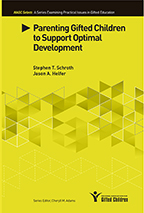
Underachievement by gifted children may result from a lack of self-regulation -- a combination of motivational, cognitive, and social emotional factors. The authors discuss how to work with advanced learners to develop their ability to self-regulate to improve academic achievement.